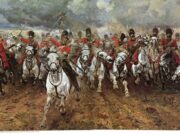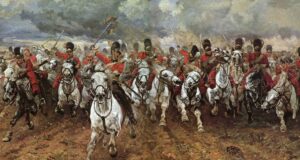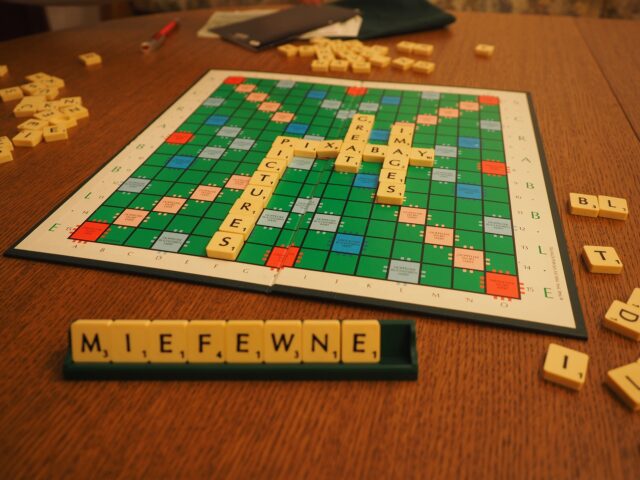I like Lee Euler who is a publisher on Health. He has come across the Lothian Birth cohort of 1936. This is a remarkable study out of the University of Edinburgh, that started many decades ago with just over 1000 people all born in the same year and apparently all of Scottish heritage!
A serious question is whether intellectual exercises of all sorts have an impact on cognitive integrity. The frightening statistic that those who reach 80 have a 50% chance of dementia and worse, Alzheimer’s.
- Researchers gave all 1,091 participants a mental ability test at the age of eleven and the same test again at age 70.
- The participants underwent medical examinations, physical fitness testing, extensive cognitive testing, as well as testing to measure personality traits, quality of life and other psychosocial measures.
- They answered questions about their diets, gave blood for DNA testing and other health tests.
- They were also given a battery of 14 cognitive tests at ages 70, 73, 76 and 79.
- It is quite remarkable that we have such a study the inferences are beyond question. Those who have an intellectually challenging job such as medicine or law they may be blessed. But today the enforced retirement of such professionals is alarming. It is almost compounding the dementia outcome! But substitutes such as games were studied.
Findings:
- Taking this extensive amount of data into account, the researchers found consistent evidence that higher frequency of playing non-digital games was linked with significantly less relative cognitive decline from age eleven to age 70 and less general cognitive decline from age 70 to 79.
- In particular, they saw less decline in memory function. Between ages 70 to 76 increased game playing was associated with less decline in thinking speed.
- Almost two-thirds of the relationship between playing games and later life function, the researchers wrote, “appears to be due to playing the games themselves. This supports the use-it-or-lose-it hypothesis.”
- Almost two-thirds of the relationship between playing games and later life function, the researchers wrote, “appears to be due to playing the games themselves. This supports the use-it-or-lose-it hypothesis.”
- Also, a co-author, Dr. Drew Altschul, wrote, “These latest findings add to evidence that being more engaged in activities during the life course might be associated with better thinking skills in later life.
- “For those in their 70s or beyond, another message seems to be that playing non-digital games may be a positive behavior in terms of reducing cognitive decline.”
My stepfather Maurice was always good at crosswords and he habitually completed one every day! He also worked as a Water Engineer after he had retired. He did not show one iota of dementia and he was older than 80! I myself am not too sure but I absolutely believe in Fasting, PhotoModulation and optimizing as many Modalities as possible. Challenge Brain Dementia, Now Definitive Scottish Research!


































